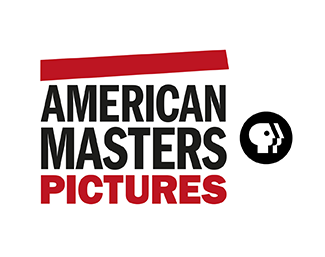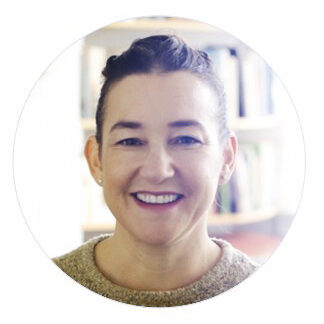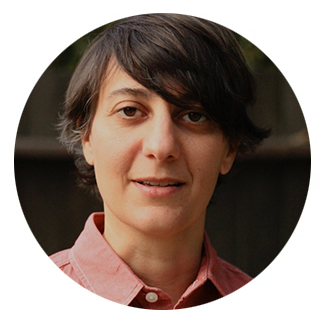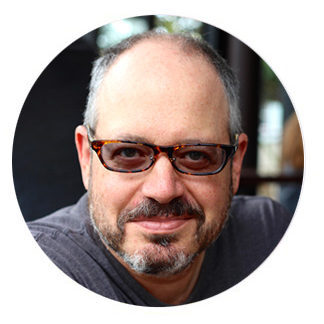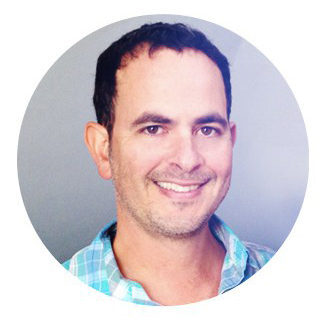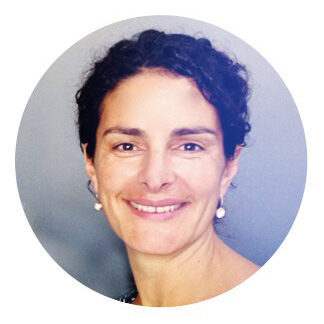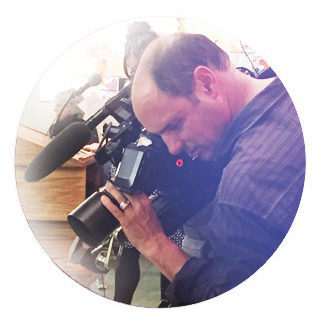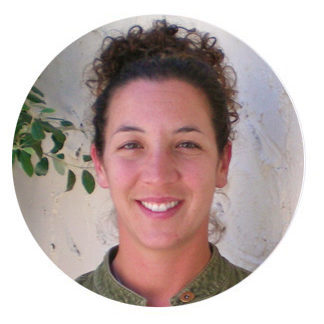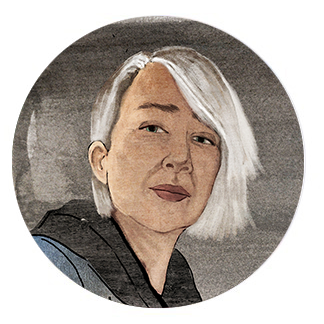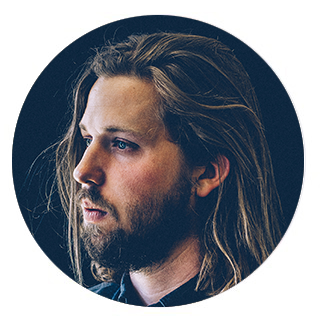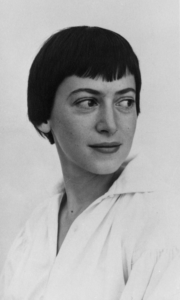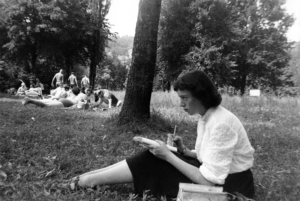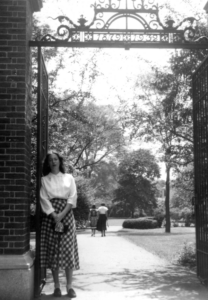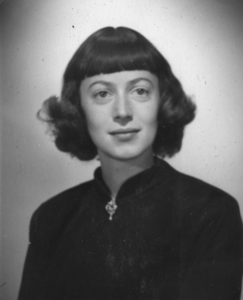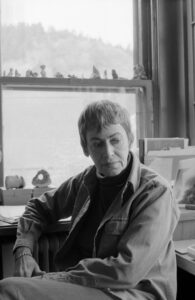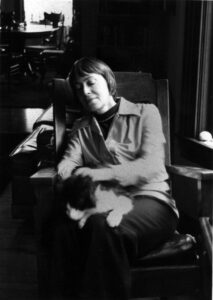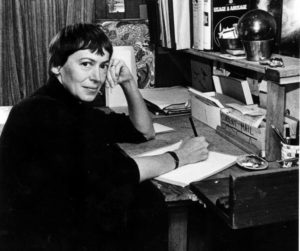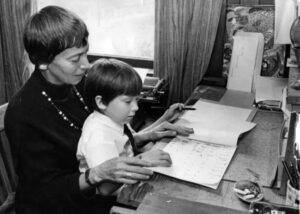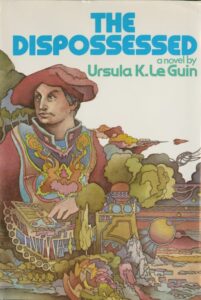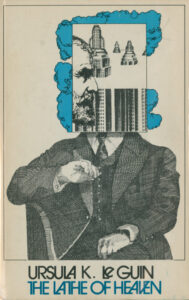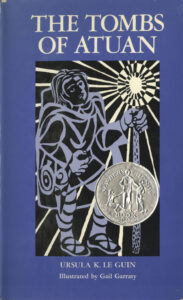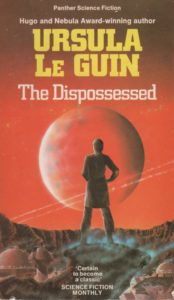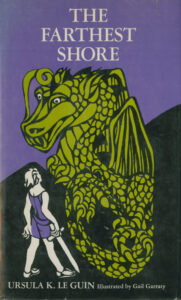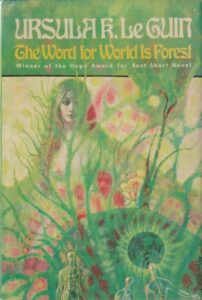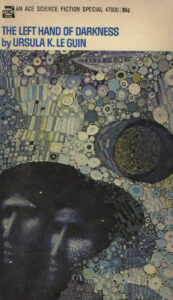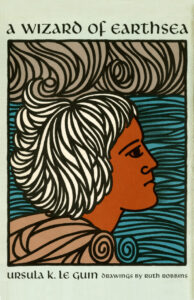A wizard’s work is never done.

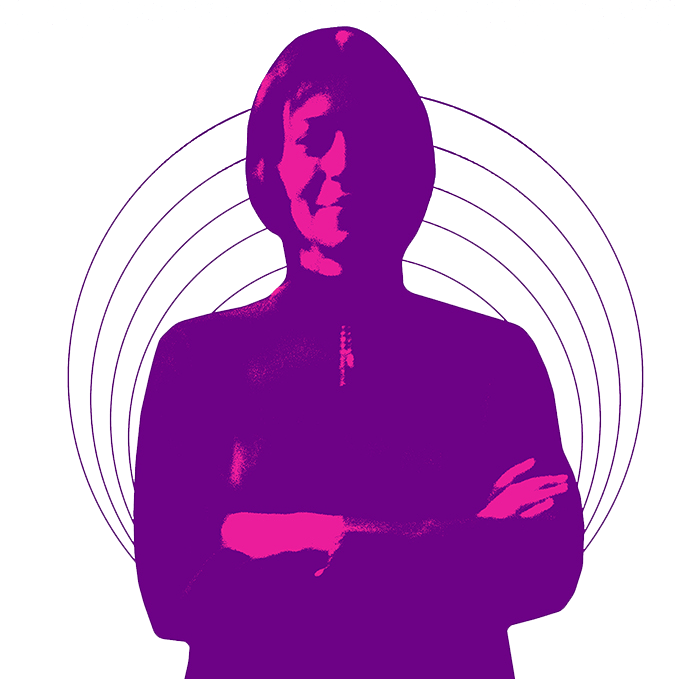
Ursula K. Le Guin Short Films to Appear Weekly on LitHub!
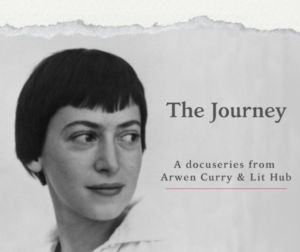 This new series begins with “What it Was Like,” in which Le Guin reads her powerful essay about her illegal abortion when she was a senior at Radcliffe, which she credits with allowing her to pursue writing and build her family. Originally written as a speech in 2004, the essay is a chilling reminder of what we’ve lost since Roe fell — and how women’s success and happiness is predicated on bodily autonomy. Watch now on LitHub.
This new series begins with “What it Was Like,” in which Le Guin reads her powerful essay about her illegal abortion when she was a senior at Radcliffe, which she credits with allowing her to pursue writing and build her family. Originally written as a speech in 2004, the essay is a chilling reminder of what we’ve lost since Roe fell — and how women’s success and happiness is predicated on bodily autonomy. Watch now on LitHub.
ABOUT THE MOVIE
WORLDS OF URSULA K. LE GUIN
Worlds of Ursula K. Le Guin is a feature documentary exploring the remarkable life and legacy of the late feminist author Ursula K. Le Guin. Best known for groundbreaking science fiction and fantasy works such as A Wizard of Earthsea, The Left Hand of Darkness, and The Dispossessed, Le Guin defiantly held her ground on the margin of “respectable” literature until the sheer excellence of her work, at long last, forced the mainstream to embrace fantastic literature. Her fascinating story has never before been captured on film.
Produced with Le Guin’s participation over the course of a decade, Worlds of Ursula K. Le Guin is a journey through the writer’s career and her worlds, both real and fantastic. Viewers will join the writer on an intimate journey of self-discovery as she comes into her own as a major feminist author, opening new doors for the imagination and inspiring generations of women and other marginalized writers along the way. The film features stunning animation and reflections by literary luminaries including Margaret Atwood, Neil Gaiman, David Mitchell, Michael Chabon, and more.
Worlds of Ursula K. Le Guin was created with the generous support of the National Endowment for the Humanities, California Humanities, the Berkeley Film Foundation, and 3,185 backers on Kickstarter.
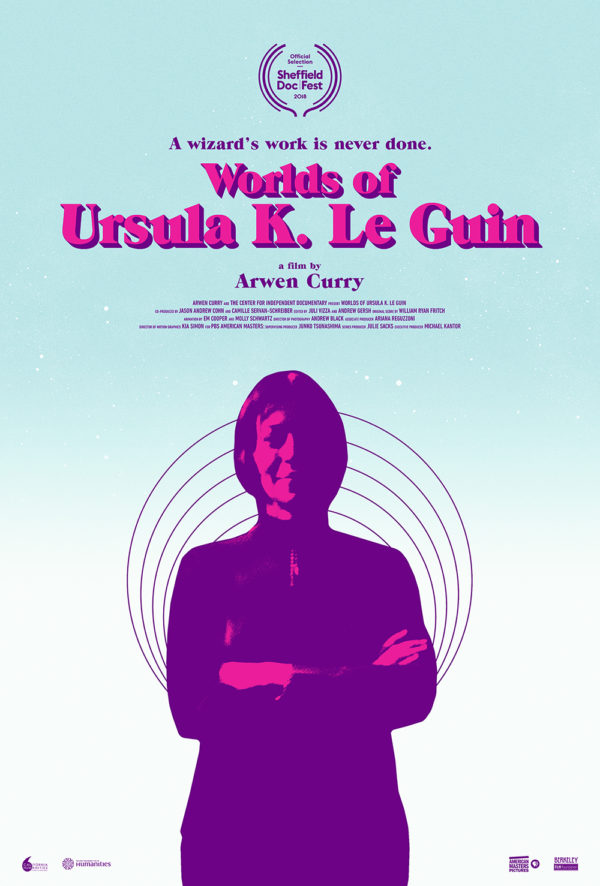
KALX 90.7FM Berkeley
Reviews
TRAILER
FILM AND SCREEN DATES
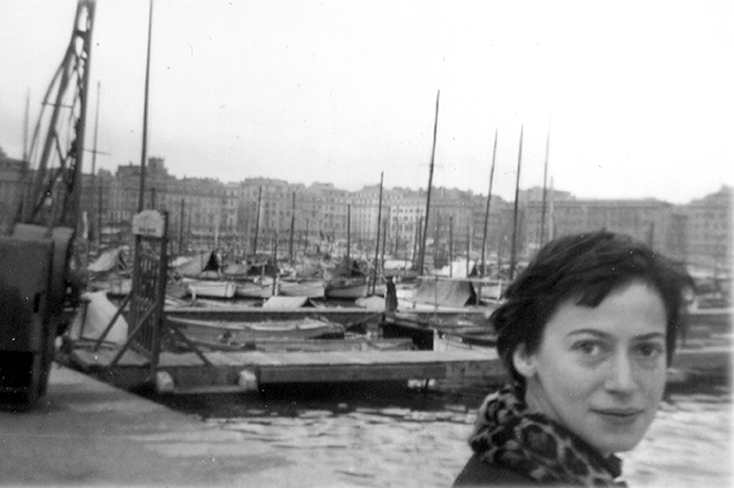
THE TEAM
“Film is a visual medium, but that doesn’t mean it all has to take place on the surface of your eyeballs. It can move right inside your head and be where it belongs, in the place where the dreams come from.”
—Ursula K. Le Guin, 1980
AWARDS
Audience Choice Documentary
Macon Film Festival
 Best of Fest
Best of Fest
Boston Science Fiction Film Festival
Best of Fest
D.C. Independent Film Festival
Best Documentary Semi-Finalist
Berlin Sci-fi Filmfest

Visionary Women Filmmaker
Santa Cruz Film Festival
Audience Vote For Documentary
International Women Make
Movies of Zaragoza, Spain
Outstanding Story
Women in Film Festival
ABOUT URSULA
Background
Ursula Kroeber was born on October 21, 1929 in Berkeley, California, where she grew up. Her parents were the anthropologist Alfred Kroeber and Theodora Kracaw Kroeber, author of Ishi in Two Worlds. She went to Radcliffe College and did graduate work at Columbia University.
Ursula K. Le Guin was prolific in both poetry and prose, mainly in the genres of realistic fiction, science fiction and fantasy. She wrote 22 novels as well as dozens of volumes of short stories, poems, young children’s books, books for young adults, screenplays, essays, and works of translation.
Ursula K. Le Guin died on January 22, 2018 at her home in Portland, Oregon. She is survived by her husband, historian Charles A. Le Guin, her three children, and her four grandchildren.
Most of Le Guin’s major titles have remained continuously in print, some for over 40 years. For an in-depth bibliography visit www.ursulakleguin.com.
Writing
Le Guin first began publishing in the mid-1960s, and soon became known for her cultural sophistication and artistry. Her work has often depicted futuristic or imaginary alternative worlds in politics, the natural environment, gender, religion, sexuality, and ethnography. Le Guin, by elevating science fiction from mind candy to serious speculation, gave permission to younger mainstream writers like Michael Chabon, Zadie Smith, and David Mitchell to explore fantastic elements in their work.
In 2014 Le Guin was awarded the National Book Foundation Medal for Distinguished Contribution to American Letters. In 2002 she won a PEN/Malamud Award for “excellence in a body of short fiction.”
In April 2000 the U.S. Library of Congress made her a Living Legend in the “Writers and Artists” category for her significant contributions to America’s cultural heritage.
In science fiction, Le Guin won the top awards many times over. For novels alone, she won five Locus, four Nebula, two Hugo, and one World Fantasy Award. (The Dispossessed won the Locus, Nebula, and Hugo.) Her third Earthseanovel, The Farthest Shore, won the 1973 National Book Award for Young People’s Literature. Unlocking the Air and Other Stories was one of three finalists for the 1997 Pulitzer Prize for Fiction.
SEND A MESSAGE
SUPPORT THE FILM
Your generous donation will help bring the documentary to viewers around the world in libraries, classrooms, and onscreen. Click below to support outreach and engagement for Worlds of Ursula K. Le Guin.
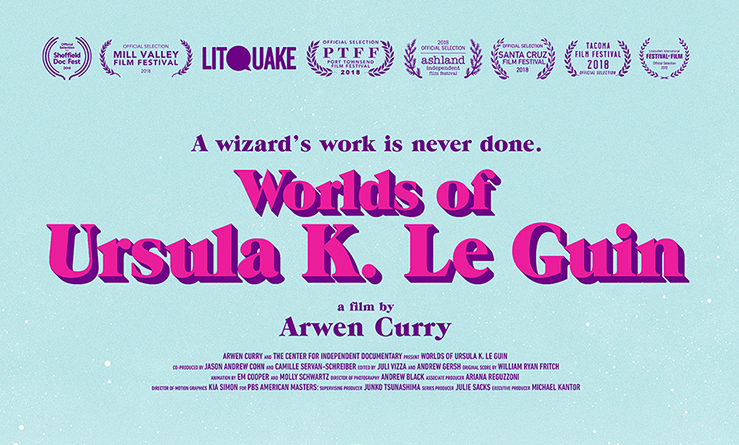
U.S Broadcast
Now through the end of August 2020, watch Worlds of Ursula K. Le Guin on
PBS American Masters.
U.S Distribution
Streaming, downloads, and DVDs are available in the U.S. and English-speaking Canada through Grasshopper Film.
School or Institution
Watch Worlds of Ursula K. Le Guin for free on Kanopy with your U.S. public library card or university ID. To purchase the film for your school or institution in the U.S. and English-speaking Canada, please visit Grasshopper Film.
Screening
The film is currently screening at festivals and venues worldwide. To screen in your community, please get in touch.
International Distribution
Worlds of Ursula K. Le Guin’s international distributor is Java Films. They are arranging international distribution on a per-country basis. In the UK, watch the film on BBC4’s iPlayer.
Film Credits
For a full list of production, archival, supporter, and special thanks credits, click here.
Stay Connected


